WeWorld Community Protection Approach (CPA) has been awarded 1st place as the best practice of Result-Based Protection by InterAction. Results-Based Protection is a problem-solving approach to reduce risk and protect people in humanitarian crises. It involves targeting interventions on specific risk factors to mitigate threats, reduce people’s vulnerability to those threats, and increase capacities to combat them.
Read about what InterAction has to say on the CPA here
What does it mean for WeWorld?
We are proud!
The CPA initiates from the efforts of our colleagues in the field who continuously put the methodology to the test. It cannot be otherwise. We are proud that more than 60 colleagues over 7 years dedicated time and efforts in addition to their workload, to involve the people we support by testing, improving and changing the CPA. Although at times challenging, we are proud to go the extra mile to change the way we work for the better.

We should not stop questioning our work and look for innovative ways!
We are specifically thankful to the European Union DG ECHO and the Italian Agency for Development Cooperation for the support and to our partners in the field. Their role in questioning all aspects of the CPA during each phase of implementation has shown the value of joint iterative processes of testing and learning.
Humanitarian crises are increasingly complex, forcing local populations, local organisations and the entire aid community in the difficult position to save lives and provide relief, while trying to address root causes of populations’ needs, vulnerabilities and risks. The commitments of the World Humanitarian Summit can pave the way and specifically: CHANGE PEOPLE’S LIVES: FROM DELIVERING AID TO ENDING NEED.
- Reinforce, do not replace, national and local systems
- Anticipate, do not wait, for crises
- Deliver collective outcomes: transcend humanitarian and development divides
The achievements of these commitments lie in the joint-collaboration of different actors and agencies, looking beyond competition and learning from others. Innovation does not necessarily mean developing something new all the time, but as well, taking lessons from others and pulling together the best we have.
The CPA tries to build on the existing[1], with a focus on amplifying the voices of affected communities and actively engaging them in problem solving.
We recognize the challenges!
We must recognize that the limitations identified in the World Humanitarian Summit are a continuous challenge on the ground. Ensuring the dignity and safety of the population require thinking of more durable solutions, providing life-saving assistance by reinforcing the agency of the population and constructive collaboration. WeWorld is facing these challenges consciously. We will continue applying the CPA to ensure it always fits for purpose, holding strong on the principles of Result-based protection.
Join us on Thursday, March 25th 13:00pm CET, when InterAction will host a webinar “Results-Based Protection in Practice: Examples from Around the World” which will showcase the work of field practitioners around the world in implementing results-based approaches to protection. We will have the opportunity to share our experience on the CPA and follow with a lively roundtable discussion on results-based protection. Register here: http://bit.ly/38v6CAn
[1] ICRC (2001), ALNAP (2005), Empowerment Evaluation in principles, Fetterman, Wandersman (2005), ActionAid (2010), Outcome Harvesting, Ricardo Wilson, Grau Heather Britt, (2012), Protection Policy, IASC (2013), Niland et al., (2015), DG ECHO (2016), Protection Mainstreaming Toolkit, GPC (2017), Professional Standard for Protection Work, ICRC (2018), Interaction RBP.

